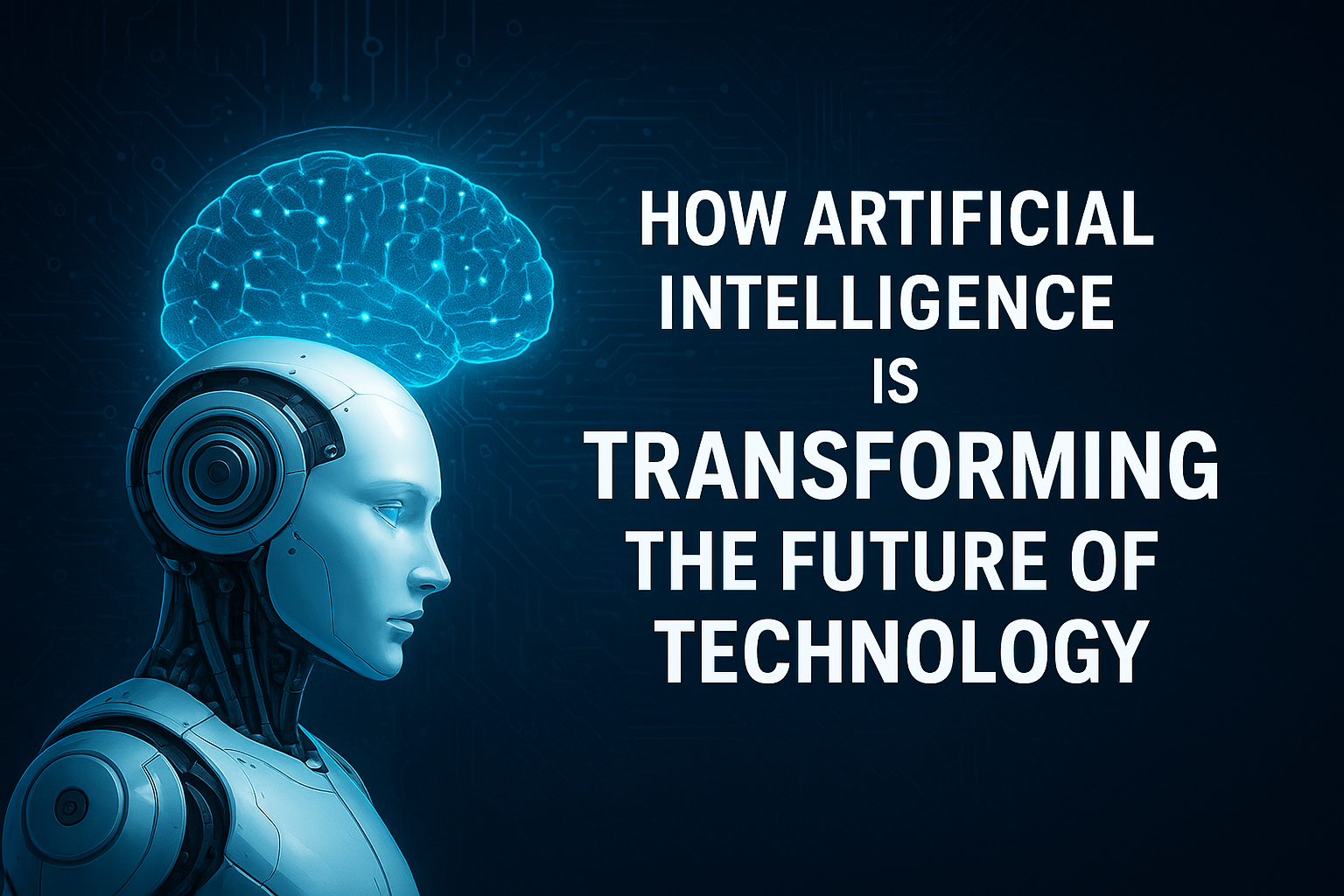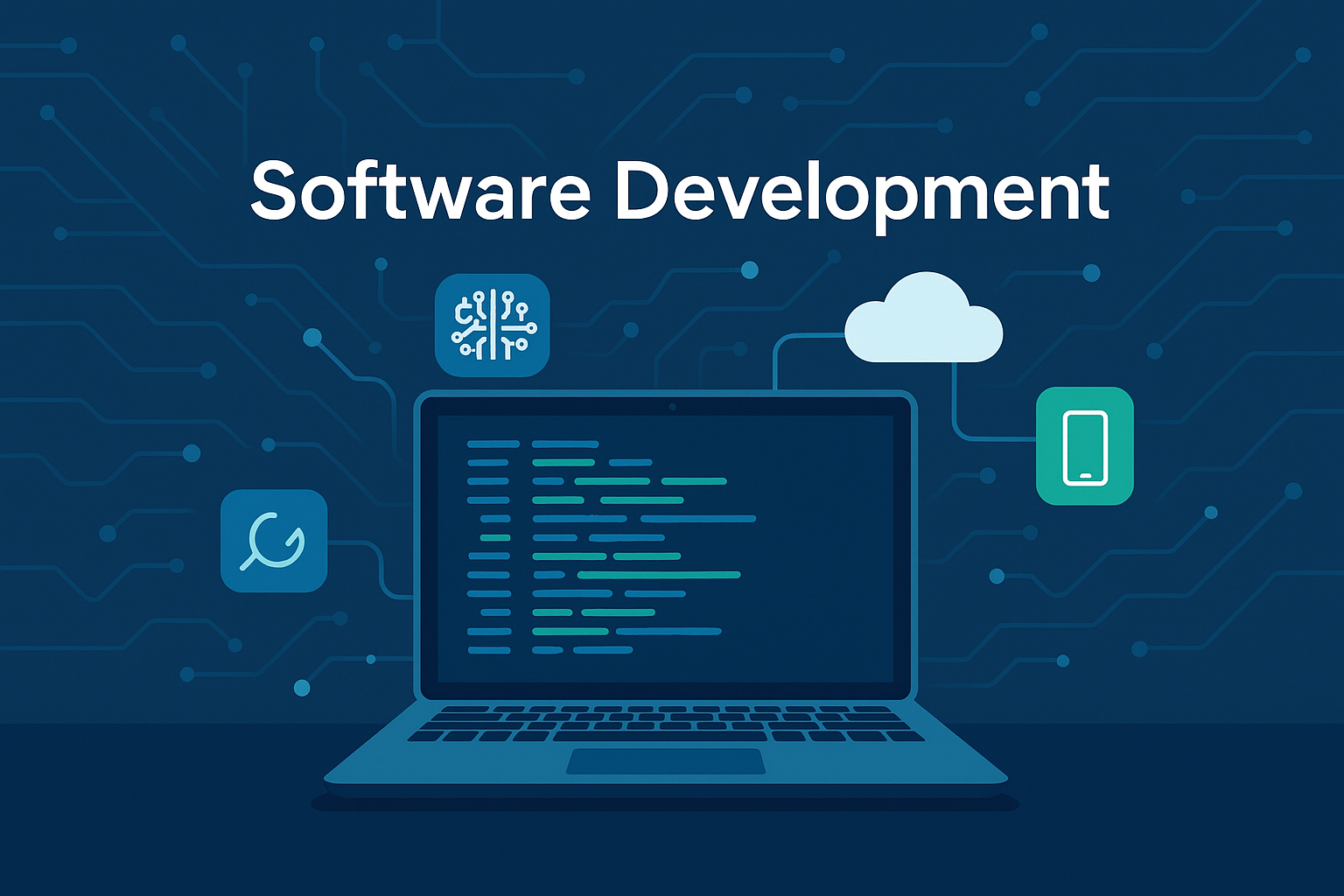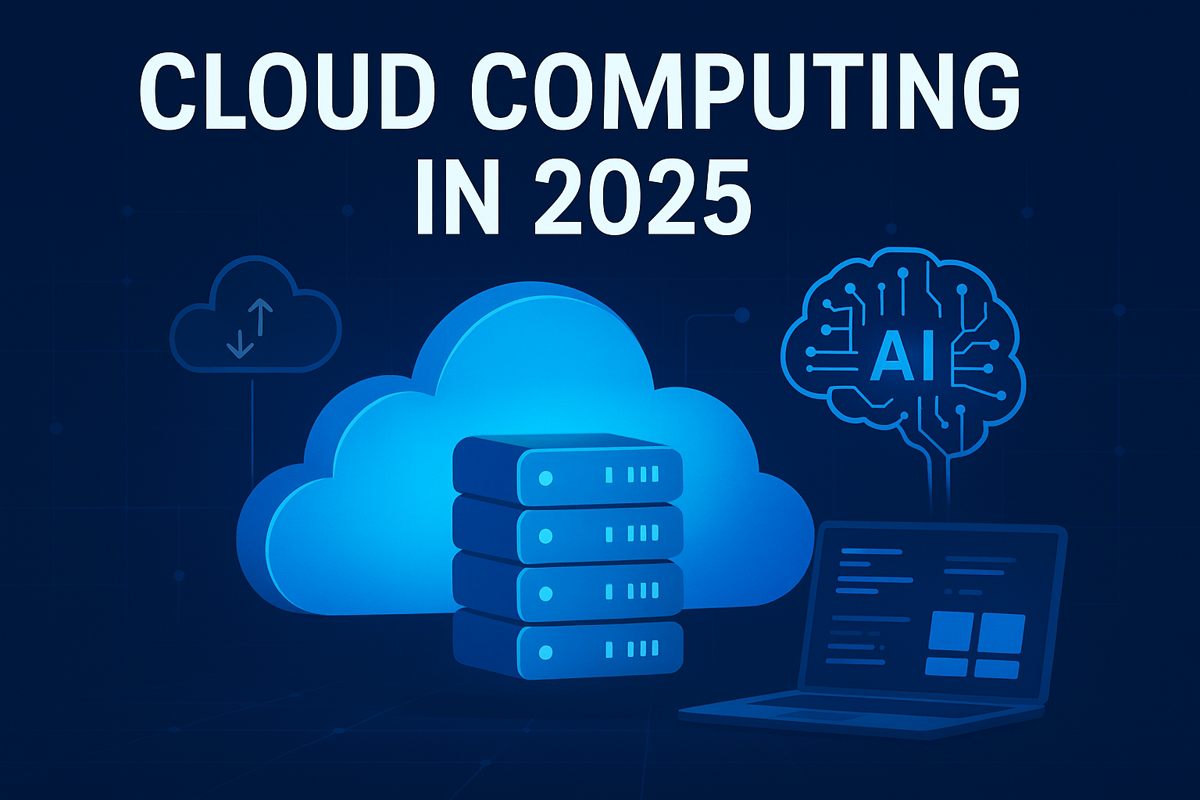
The Future of Blockchain and Cryptocurrency in 2025
Discover the ways blockchain and cryptocurrency are revolutionizing digital finance by enhancing security and optimizing smart contracts.
By 2025, blockchain and cryptocurrency will have evolved from mere buzzwords into essential components of the global digital economy
By 2025, blockchain and cryptocurrency will have transitioned from trendy terms to vital elements of the global digital economy. These advancements are reshaping how we manage finances, establish trust, and conduct value exchanges within a decentralized framework.
🔗 What is Blockchain?
Blockchain serves as a distributed ledger that records transactions securely and transparently across a network of computers. Unlike conventional databases, it effectively prevents unauthorized changes, making it suitable for financial, legal, and governmental uses.
💱 The Rise of Cryptocurrency
Cryptocurrencies like Bitcoin, Ethereum, and Ripple facilitate fast, cost-effective transactions without relying on banks or intermediaries. They have evolved from mere speculative investments to valuable instruments for global payments, smart contracts, and tokenized assets.
🧩 Key Trends in 2025
DeFi Expansion: Decentralized finance is revolutionizing traditional banking by enabling individuals to lend, borrow, and accrue interest using cryptocurrencies.
Web3 Growth: Blockchain technology promotes ownership and control over personal data, leading to a more user-focused internet.
CBDCs (Central Bank Digital Currencies): Governments are increasingly adopting blockchain for their national currencies to enhance transparency and speed of transactions.
NFT Utility: Non-fungible tokens are extending their use beyond art, finding practical applications in real estate, identity verification, and gaming.
⚙️ Benefits of Blockchain
Transparency: Each transaction is verifiable and easily traceable.
Security: The decentralized aspect of blockchain reduces the likelihood of hacking incidents.
Efficiency: Smart contracts automate processes and improve operational efficiency.
🌍 The Road Ahead
By 2030, blockchain technology is projected to support a range of digital ecosystems, including those in healthcare, logistics, and voting. The adoption of cryptocurrency is set to increase further as countries integrate digital assets into their financial systems.
Together, blockchain and cryptocurrency are paving the way for a new era of trust and financial independence, where individuals have control over their assets, systems exhibit transparency, and innovation transcends borders.





